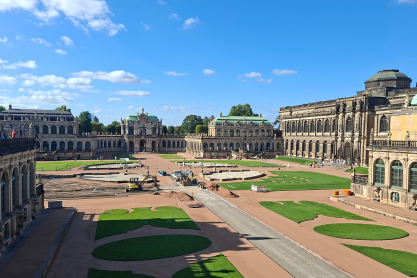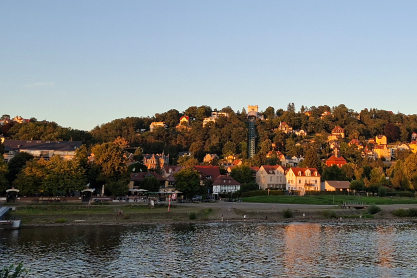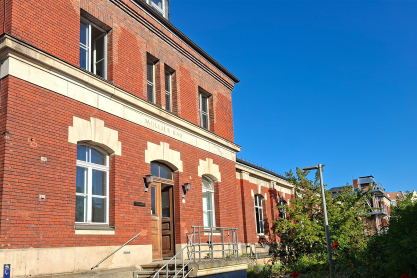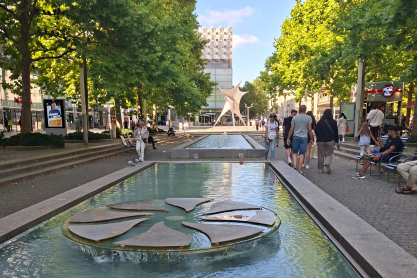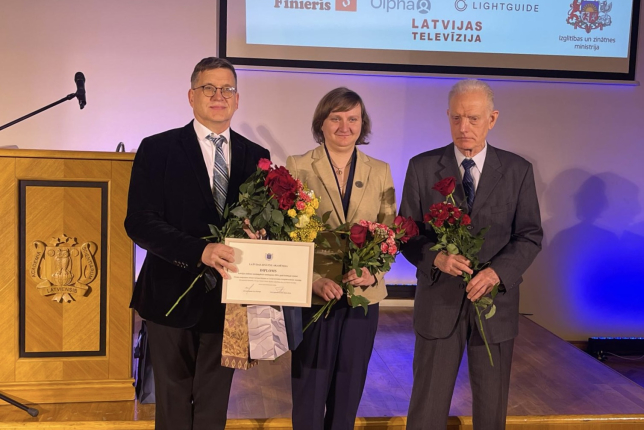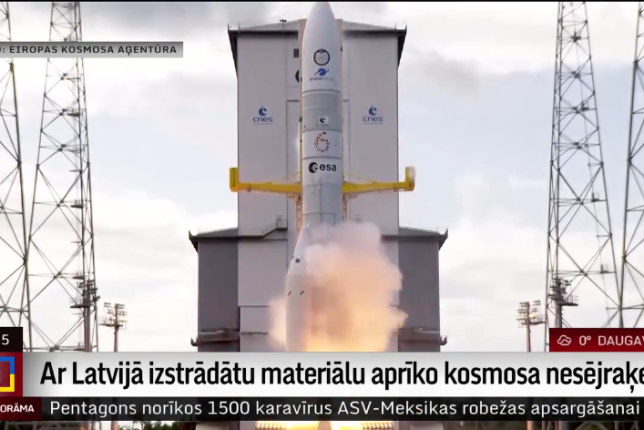Polymer Laboratory Researcher Laima Vēvere Begins the European Course of Cryogenics Training
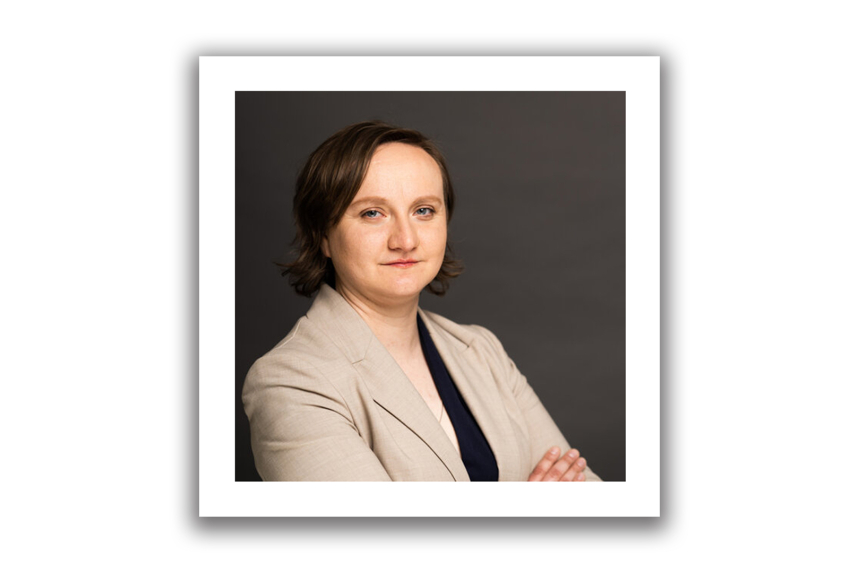
This summer, Laima Vēvere, researcher at the Latvian State Institute of Wood Chemistry (LSIWC), is starting the European Course of Cryogenics (ECC) — an inter-university academic program that, over three weeks, covers both the fundamentals of cryogenics and cryogenic processes. The course is conducted in English and combines lectures, laboratory sessions, and technical excursions across three countries — Germany, Poland, and Norway.
Why is it important?
The significance of this course for LSIWC and the wider sector is closely tied to the development and application of the institute’s technologies. The cryogenic insulation material developed at the institute is already being used in the European launch vehicle Ariane 6, and deeper knowledge of the chemistry, thermal properties, and safety aspects of liquid hydrogen, helium, and LNG will enable further advancement of these technologies. Acquiring deeper knowledge of the chemistry, thermal properties, heat transfer phenomena, and safety aspects of liquid hydrogen, helium, and LNG will enable further advancement of these technologies. The module on the liquid hydrogen value chain — from production to storage, transportation, recovery and reuse — provides essential tools for evaluating materials in aviation and space structures at the next stage of development. Meanwhile, the module on cryogenic measurement and instrumentation establishes a basis for standardizing test protocols, experimental setups, and sensor calibration, while ensuring measurement accuracy and data validation.
For the researcher and the institute, the course brings a comprehensive theoretical background combined with hands-on training. At the same time, it fosters valuable professional networks with leading academics and industry experts, as lectures are delivered not only by professors from the organizing universities but also by specialists from industry. Company and laboratory visits further open channels for collaboration within consortia and projects at various TRL stages. Participation provides up to 12 ECTS credits, subject to recognition by the respective home university. The course concludes with two written examinations (Fundamentals and Processes) in accordance with ECTS standards.
Laima Vēvere’s comment: “ECC is an intensive journey into theory that will help me gain a deeper understanding of cryogenic processes. For me, it means the opportunity to directly connect materials science with cryogenic systems so that our insulation solutions become even safer, more efficient, and more easily integrated into the next generation of hydrogen and space projects.”
The text is accompanied by photographs taken by Laima Vēvere, capturing her first impressions of Dresden.
